Exploring Hybrid Learning Models for Competitive Exam Success
Blend online and offline learning for better competitive exam preparation.
Competitive tests require aspirants to follow strict preparation procedures combined with designed academic development and thought-out planning. Traditionally students prefer coaching methods that combine mentor contact alongside disciplined educational settings. Digital educational progress has led to the increased popularity of a new student learning method known as hybrid learning.
Hybrid learning unites essential elements of online and offline education so students can tailor their learning approach with the direction and benefits from proper supervision. The hybrid learning model exists to support different learner types and provides adaptable access to detailed academic resources which enhance preparation effectiveness.
The combination of top-quality online learning materials, adaptive technology, and interactive doubt-clearing sessions lets students develop personalized study plans that meet their learning requirements. Aspirants who participate in hybrid learning benefit from a complete preparation strategy since they can participate in live virtual lectures and recorded sessions and face-to-face classroom participation.
Understanding Hybrid Learning for Competitive Exams
Hybrid learning for competitive exams refers to a combination of traditional classroom teaching and digital education. Students under this model can experience classroom teaching together with digital resources including pre-recorded lectures, digital testing features, and interactive sessions that solve doubts.
Types of Hybrid Learning Models
Blended Classroom Approach:
Students participate in face-to-face classes while using web-based educational materials which include taped courses together with electronic texts and digital tests.
The model enables students to practice classroom material independently using educational content available online.
This program suits learners who need a combination of organized education along with independent control of their learning speed.
Flipped Learning Model:
Here, students acquire theoretical knowledge from online videos and then readings followed by attending in-person classes.
Educational time is devoted to problem-solving activities and discussions, whereas traditional lectures are eliminated.
Active student involvement happens in this approach while they receive assistance to resolve their questions through collaborative interaction with teachers.
Rotational Model:
The educational program combines structured time frames which switch from remote study to traditional classroom instruction.
Students typically use coaching classes for particular days while supplementing their studies with online resources for their revision and practice sessions on different days.
The approach allows students to distribute their study activities across both systems to achieve improved results.
Enriched Virtual Model:
Primarily online-based learning with periodic in-person interactions for assessments, mentorship, or practical sessions.
Students who want online learning benefits alongside occasional classroom interaction with teachers will find this format suitable.
Often used in self-paced learning environments where students receive guidance through scheduled consultations.
Flex Model:
A highly personalized approach where students progress at their own pace using online resources with periodic offline support.
The teacher aids students on demand instead of holding conventional scheduled classes.
Students who seek self-learning experience but sometimes need periodic tutoring or coaching instruction for particular subjects would best fit this option.
Advantages of Hybrid Learning for Exam Preparation
Flexibility:
Students can learn anytime, anywhere, and at their own pace.
Hybrid learning removes location constraints to provide outstanding educational opportunities to all students.
Learners benefit from accessing recorded lectures and self-paced courses to review information according to their individual needs.
Personalized Learning:
AI-driven platforms provide customized learning paths based on students' strengths and weaknesses.
Students benefit from data-driven information when they identify their weak subjects for improvement.
Student advancement determines how adaptive learning techniques modify learning material complexity.
Comprehensive Resources:
Access to digital materials, video lectures, and e-books enhances understanding.
Online libraries and databases provide extensive subject coverage.
Video tutorials and visual aids improve concept retention and engagement.
Cost-Effective:
Reduces travel and accommodation expenses for students preparing in different cities.
Students save money on commuting and hostel fees by attending virtual classes.
Many online platforms offer affordable subscription models compared to traditional coaching institutes.
Better Performance Tracking:
The tracking of progress becomes easier through analytics and insights that online platforms provide.
The system offers quick feedback to students regarding tests and assignments, which enables them to grow steadily.
Performance dashboards help aspirants analyze their strengths and weaknesses.
Adaptive Learning:
Interactive AI-based tools help students get personalized recommendations.
AI-powered assessments provide tailored study plans for maximum efficiency.
Smart algorithms identify knowledge gaps and suggest targeted learning materials.
Time Management:
A balanced approach enables aspirants to manage their time efficiently between subjects and revision.
Structured schedules incorporating both online and offline learning ensure effective time utilization.
Automated reminders and study planners help students stay on track.
Effective Hybrid Study Techniques
1. Creating a Study Plan
Allocate specific hours for online learning and classroom sessions.
Use digital calendars and study planners to maintain consistency.
2. Utilizing the Right Resources
Enroll in the best hybrid learning platforms for exams, such as Unacademy, BYJU'S, and Testbook.
Use online test series and practice papers for self-assessment.
3. Engaging in Active Learning
Participate in live classes and interactive discussions.
Take notes using digital tools like Notion or Evernote.
4. Practice Through Mock Tests
Attempt both online and offline mock tests to simulate exam conditions.
Analyze performance using test analytics to identify weak areas.
5. Maintaining Discipline and Motivation
Follow a structured schedule and set realistic goals.
Join online study groups and forums for peer support.
Best Hybrid Learning Platforms for Competitive Exams
Unacademy: This offers structured courses with live classes and recorded sessions.
BYJU'S: AI-driven personalized learning with an adaptive study approach.
Testbook: Provides mock tests, quizzes, and real-time performance analysis.
Vedantu: An Interactive learning platform with live classes and online materials.
Gradeup: This platform offers hybrid coaching with video lectures and classroom programs.
Comparison: Hybrid Learning vs Traditional Coaching
1. Flexibility
Hybrid learning gives students the advantage of flexible learning speed, but traditional coaching limits education to scheduled times within set schedules.
2. Personalization
Hybrid learning offers unique study plans combined with AI-generated suggestions, but traditional coaching provides lessons designed for every student as one group.
3. Resource Availability
The hybrid learning model offers complete digital access together with recording capabilities of lectures and automated quiz systems. The main teaching approach at traditional coaching facilities involves face-to-face lectures, which primarily rely on printed materials, yet traditional coaching functions are distinct from hybrid models.
4. Cost-Effectiveness
Hybrid learning helps students save on transportation expenses together with board expenses since traditional coaching procedures force students to move or commute consistently.
5. Performance Tracking
Online platforms in hybrid learning offer real-time analytics and insights into performance, making it easier for students to track progress, while traditional coaching depends on manual tracking and occasional assessments.
6. Time Management
Hybrid learning allows students to manage their time effectively by balancing online and offline resources, whereas traditional coaching demands strict adherence to a fixed timetable.
7. Interactive Learning
Hybrid learning platforms provide interactive tools such as quizzes, discussion forums, and AI-based doubt-solving, whereas traditional coaching focuses more on direct classroom interactions.
8. Adaptability
Hybrid learning allows students to choose between learning approaches depending on their personal preferences, but traditional coaching must always follow a rigid curriculum design.
Conclusion
The competitive exam preparation industry underwent fundamental changes because hybrid learning delivers adaptable study plans together with economical education through personalized studies. Students who use both web-based tools alongside classroom instruction will greatly boost their achievement results in competitive exams.
Skoodos Bridge serves competitive exam aspirants with a complete method to combine online content with in-person studies by providing optimized educational approaches.
Frequently Asked Questions (FAQs)
1. What is a hybrid learning model for competitive exams?
Traditional classroom learning joints with digital educational materials form an educational method that balances students' examination preparation.
2. How effective is hybrid learning for exam preparation?
Hybrid learning enhances flexibility, accessibility, and personalized learning, making it highly effective for competitive exams.
3. What are the benefits of hybrid learning for exams?
Electronic distance learning systems offer multiple advantages which include flexible learning conditions as well as extensive resources, personalized education economical delivery, and enhanced performance management.
4. How do you create a hybrid study plan for competitive exams?
Students should establish specific goals and divide their study time among different resources along with selecting various study methods while practicing persistent preparation.
5. Can hybrid learning improve exam performance?
Yes, it allows students to optimize their preparation by combining structured classroom teaching with the flexibility of online learning.
6. What is the best approach for hybrid learning in test prep?
Students should use a combination of classroom learning coupled with online mock tests self-assessment and interactive subjects for maximum effectiveness.
7. How does hybrid learning compare to traditional coaching?
Students benefit from hybrid learning because it provides enhanced flexibility together with reduced expenses and better digital resource availability when compared to standard coaching practice.
8. Is online or hybrid learning better for competitive exams?
A combination of online and offline educational methods through hybrid learning produces the most beneficial learning results because it adopts the pros of each style.
9. What are examples of hybrid learning for exams?
Examples include blended classrooms, flipped learning models, and rotational learning approaches.
10. How do you balance online and offline study for exams?
Protect success in competitive exams through scheduled organization and defined time allocations for each learning method and digital planning tools in combination with engaging educational sessions.
Students who use hybrid learning methodology discover new ways to take advantage of their examination preparation methods for achieving competitive exam success
Categories
Archives
- October 202514
- September 202520
- August 202522
- July 202524
- June 202524
- May 202526
- April 202530
- March 202523
- February 202513
- January 202523
- December 202429
- November 20246
- September 20245
- August 202422
- July 202415
- May 20249
- June 202424
Similar Posts
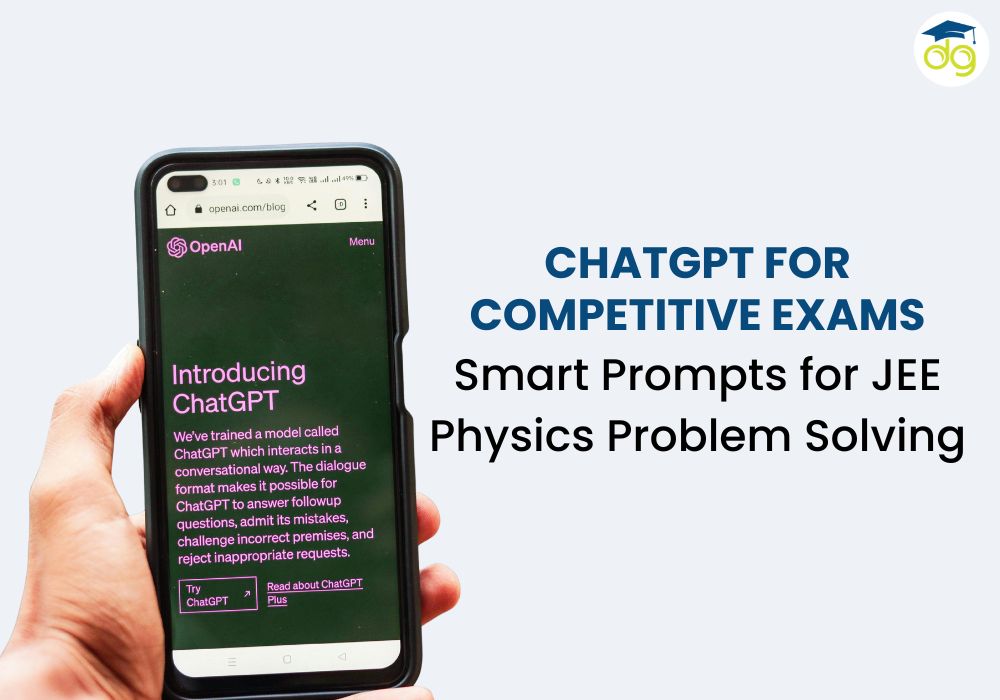
ChatGPT for JEE Physics: Smart Prompts to Master Problem Solving
by Skoodos Bridge

Space Technology Careers: ISRO Opportunities Beyond Aerospace Engineering
by Skoodos Bridge
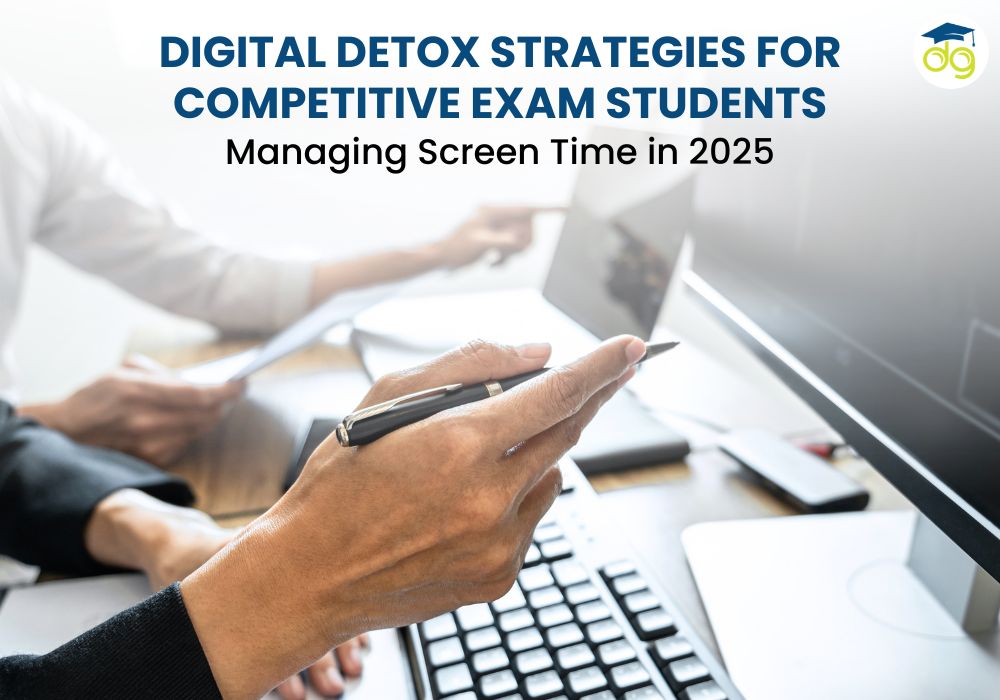
Digital Detox Strategies for Competitive Exam Students in 2025
by Skoodos Bridge
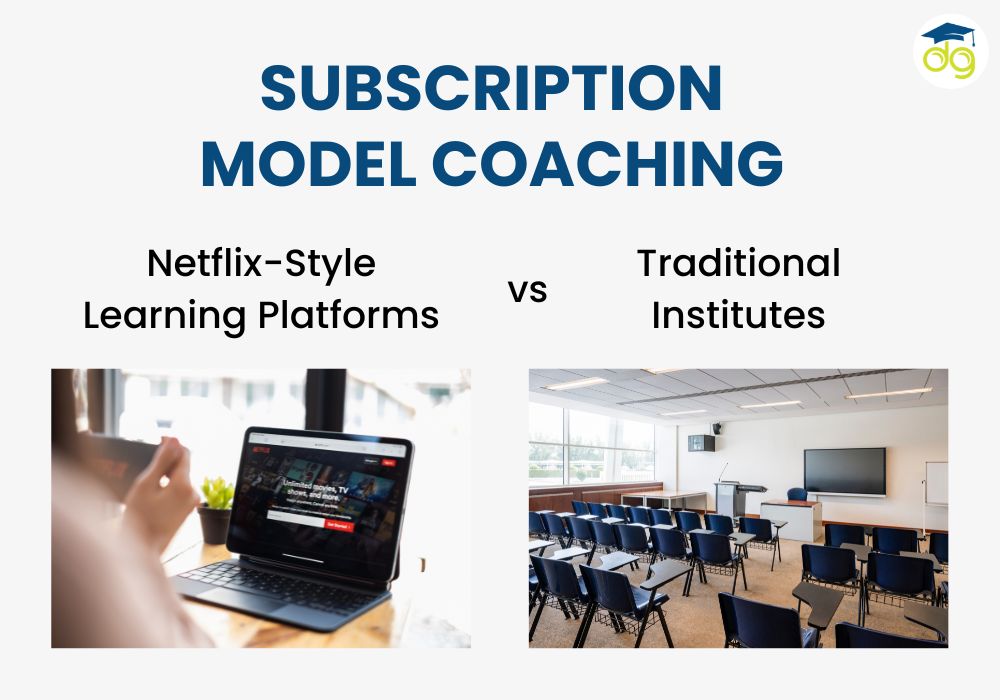
Subscription Model Coaching vs Traditional Institutes: Netflix-Style Learning
by Skoodos Bridge

Green Engineering Careers: Sustainable Jobs Through GATE, ESE & PSUs
by Skoodos Bridge

Coaching Institute Mergers in India: Impact on Students & Education Quality
by Skoodos Bridge
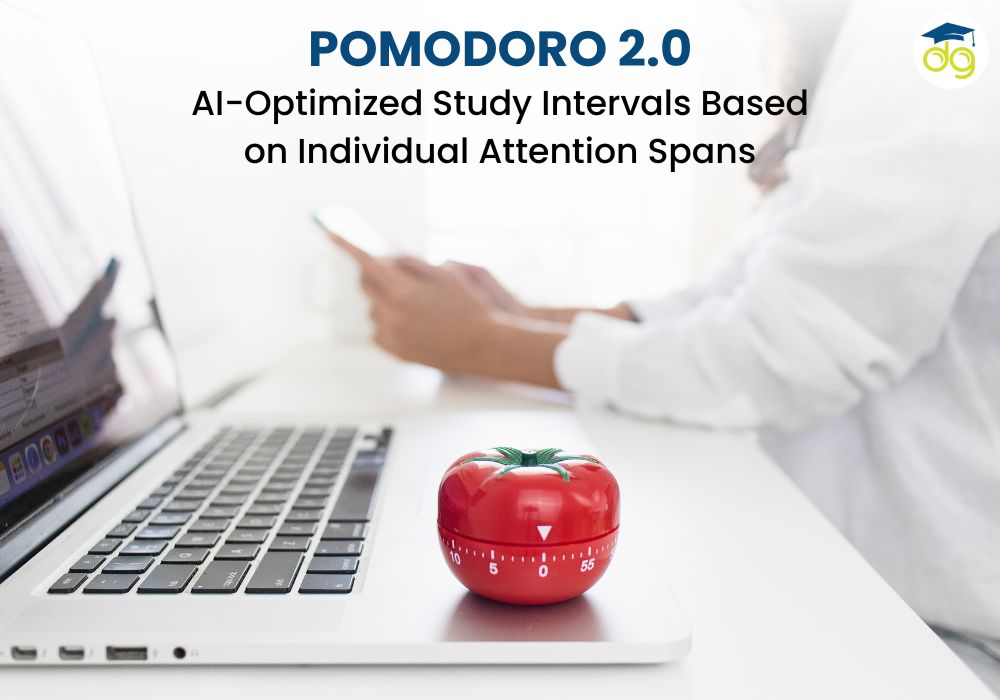
Pomodoro 2.0: AI-Optimized Study Intervals for Better Focus
by Skoodos Bridge
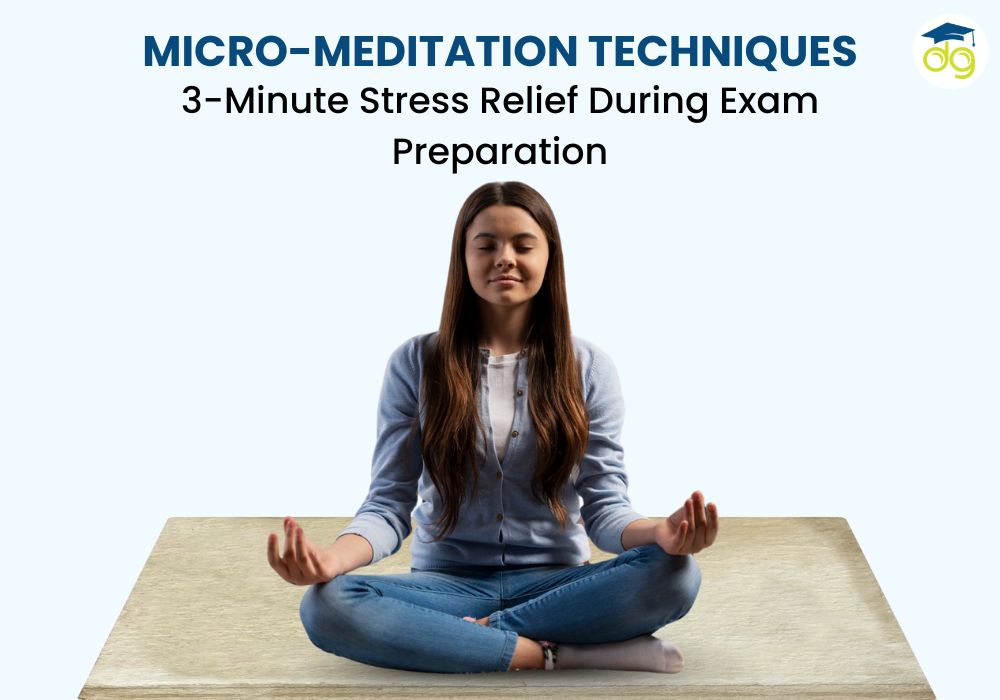
Micro-Meditation Techniques for Exam Stress Relief in 3 Minutes
by Skoodos Bridge
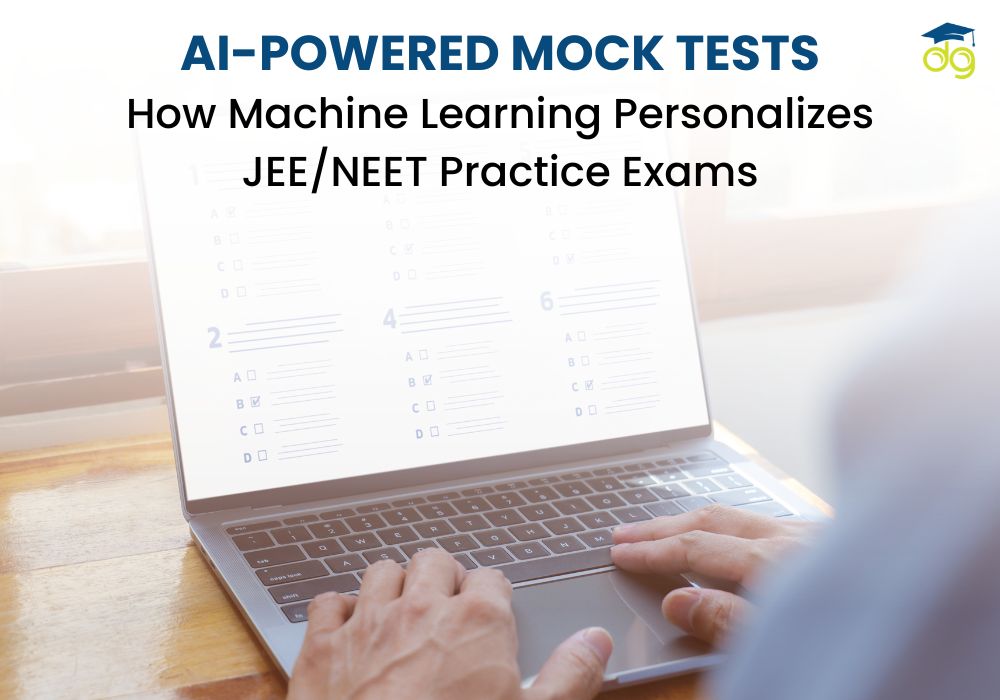
AI-Powered Mock Tests Transform NEET & JEE Preparation in 2025
by Skoodos Bridge
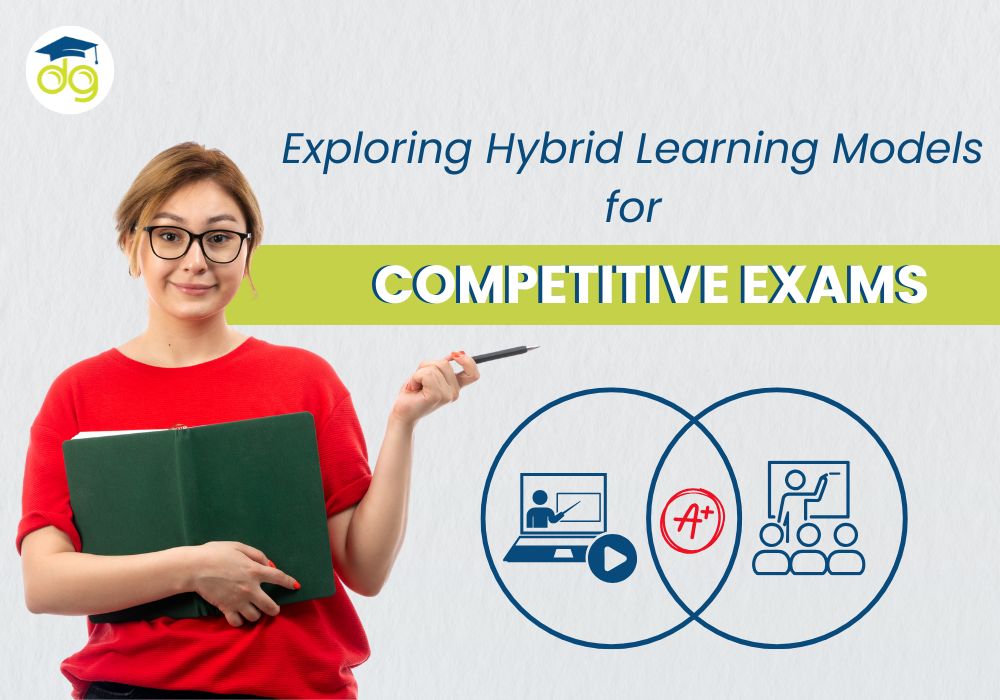

Leave a Comment